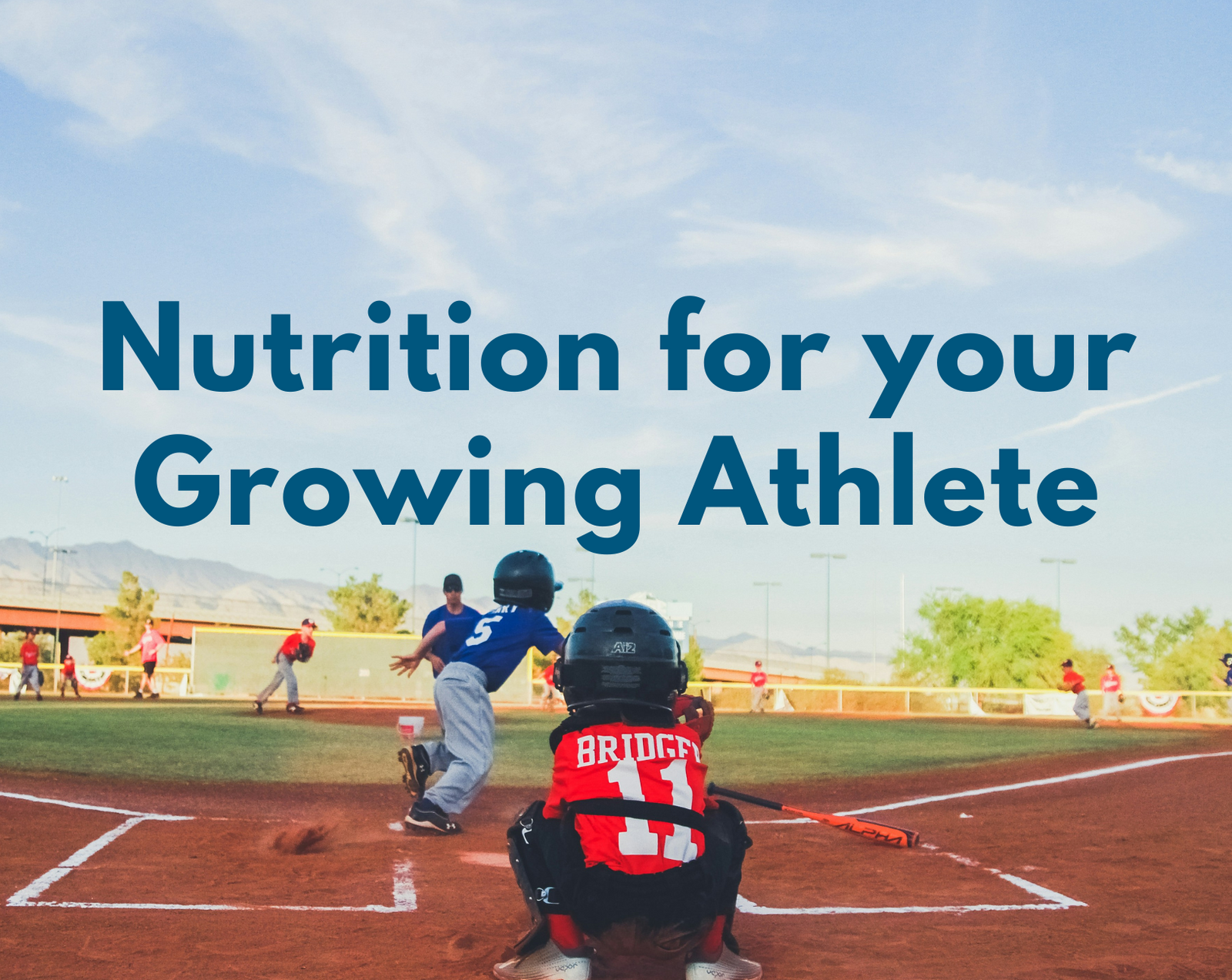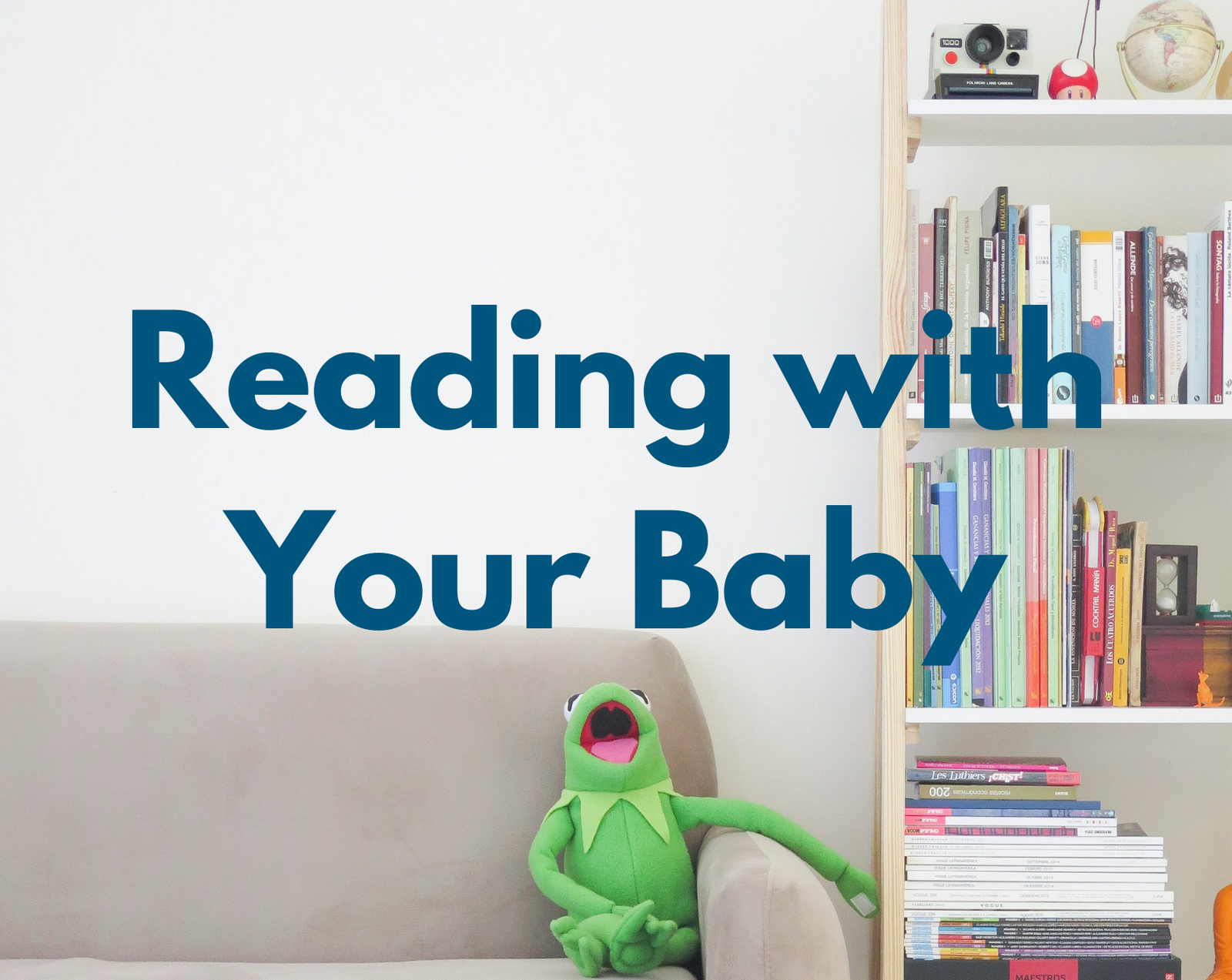
At Amara, we’ve written quite a few posts about how safe something is for pregnant women, breastfeeding moms, infants, and toddlers—things like caffeine, food additives, BPA, and sugar.
And while each of those substances are different with unique risks, the overwhelming takeaway regarding each is: limit your exposure.
Today, we give you a deep dive into alcohol and pregnancy, with the resounding (and different from the ^) message, taken directly from medical researchers and providers:
No level of alcohol exposure during pregnancy is known to be safe.
But first a bit of background.
How prevalent is alcohol consumption around the world, including among women of childbearing age?
Quite common.
Globally, in 2016, 32.1% of women of childbearing age (15 to 49 years old) consumed alcohol. Rates are lowest in Tukey, Cyprus, Lebanon, Syria, Israel, Palestine, Jordan, and Egypt (1.3%) and highest in the Europe (53.9%) and in the U.S., where almost 54% of women, 18 to 44 years old, reported drinking alcohol.
Beyond this, approximately 8.7% women of childbearing age across the globe reported engaging in heavy episodic drinking, which means consuming at least 60g of pure alcohol on at least one occasion in the past 30 days (also known as binge drinking—an intake of 5+ drinks on a single occasion). In the U.S., 18.2% of women reported such binge drinking.
(An important note: the definition of what constitutes a standard drink varies across different countries: in the U.S., a standard drink contains 14g of pure alcohol, but in Europe, a standard drink contains approximately 10g of alcohol.)
Overall, the number of women drinking is on the rise, thanks to economic advancement and changing gender roles in many parts of the world—as well as the increased availability of alcohol and that it’s increasingly socially acceptable in many places for women to drink.
Unfortunately, with this rise, alcohol use disorder among women is also on the rise. Worldwide, nearly one third of diagnosed alcohol use disorders are among females. This is especially concerning because women are more susceptible to the negative impact of alcohol, both psychologically and physically, than men. For example, women with alcohol use disorder have a higher likelihood of suffering from mental health issues like anxiety and depression than men. Women also metabolize alcohol differently from men, with alcohol concentrations reaching higher and longer-lasting concentrations. This can contribute to the development of more severe problems at younger ages, including cirrhosis of the liver, heart disease, and neurotoxicity. Alcohol is also a risk factor for female diseases such as breast cancer.

And what about pregnant women? Are they drinking?
Studies show that approximately 10% of women worldwide consume alcohol during pregnancy, in part due to the global trend of increasing alcohol use among women of childbearing age.
Now, some women may drink alcohol while pregnant because they don’t yet know they’re pregnant. After all, a significant proportion (44–65%) of pregnancies is unplanned. And while many women stop drinking once they get that positive pregnancy test, the intervening time between the test and conception are critical periods of fetal susceptibility to alcohol. This is when major organs are developing. As such, alcohol consumption before or around the time of conception is linked to multiple adverse fetal outcomes, including spontaneous abortion, gastrointestinal malformations, and neural tube defects.
And then there are women who know they’re pregnant—and still they drink alcohol. Why? Many factors—poverty, histories of trauma and violence, mental illness, and sociocultural and economic vulnerabilities and disadvantages—predispose and push some women to imbibe. Some express, additionally, that they thought only “strong” alcohol or alcohol in large quantities was harmful to a developing baby. Others said that peers influenced them to drink, or they thought alcohol had some beneficial properties (including that it stimulates the production of breastmilk). Women that come from communities in which alcohol consumption is important have also expressed their cultural backgrounds are a factor influencing them to drink while pregnant.
In short, individual beliefs, community traditions, environmental factors, and lack of information/knowledge push women to drink even though pregnant.
And on top of all that, the COVID-19 pandemic has exacerbated these issues, resulting in more prenatal alcohol exposure.

Why is alcohol so dangerous in pregnancy?
Alcohol is what is known as a teratogen, which means it can cause malformation of an embryo and fetus. It can readily cross the placenta, and it’s one of the few substances that scientists and doctors really know is harmful to a developing baby. In fact, alcohol consumption during pregnancy is linked to a larger number of fetal and infant deaths than HIV/AIDS, tuberculosis, and diabetes. This, along with other reasons, is why there are so many guidelines advising women to abstain from it during pregnancy.
What are the risks more specifically? Spontaneous abortion, stillbirth, low birthweight, prematurity, intrauterine growth restriction, and birth defects, among others.
Alcohol intake during pregnancy can cause Fetal Alcohol Spectrum Disorder which is a serious, chronic, and systemic disease characterized by central nervous system damage, physical disabilities, and a wide range of lifelong health and social consequences for the baby. Approximately 1 in every 13 infants prenatally exposed to alcohol will develop Fetal Alcohol Spectrum Disorder, so around 630,000 children are born each year with it. Aside from the disastrous health consequences for the child, having this disorder is a significant cost burden on healthcare and service systems: the daily estimated cost of care per child with Fetal Alcohol Spectrum Disorder is over $20,000 per day.
(You might have heard of Fetal Alcohol Syndrome. The Spectrum Disorder, referenced ^, is an umbrella term for a range of behavioral, cognitive, and learning disorders associated with fetal alcohol exposure. Fetal alcohol syndrome represents the more severe end of the spectrum.)
Aside from Fetal Alcohol Spectrum Disorder, alcohol use during pregnancy can severely impair maternal/paternal functioning and trigger and exacerbate patterns of intimate partner violence—which negatively affects child development and safety.

What does alcohol do to a fetus exactly?
As babies grow in utero, they don’t process alcohol as adults do. Instead, alcohol becomes highly concentrated in their growing bodies, inhibiting the passage of adequate nutrition and oxygen to their organs, among other very serious consequences.
Studies (both on animals and on people) have demonstrated that alcohol diffuses through a placenta and travels to the fetus, where their baby’s kidneys excrete xenobiotics (substances foreign to human bodies—like drugs) into the amniotic fluid, which is then swallowed by the fetus. And because alcohol accumulates in amniotic fluid, there is a prolonged effect on the baby.
Alcohol seems to be especially harmful to the developing nervous system, contributing to:
-increased oxidative stress to the central nervous system
-impaired angiogenesis (formation of new blood vessels) and neurogenesis (brain development)
-increased cell death in various brain structures
-disruptions to the endocrine (hormone) system, to gene expressions, and to prostaglandin synthesis (which plays a key role in the generation of the inflammatory response).
Additionally, fetal alcohol exposure can lead to:
-severe organ defects in the liver, kidney, and heart
-disruptions in the gastrointestinal and endocrine systems.
Consistent and high levels of alcohol intake during pregnancy are associated with significant fetal impairments in gross and fine motor function, as observed in childhood. Children who were exposed to alcohol in the womb are more likely to have learning disabilities and behavior disturbances, resulting in:
-hyperactivity and impulsivity
-difficulties with planning, mental organization, and concrete thinking
-visuospatial problems
-lack of awareness of social cues
-trouble understanding the consequences of their own behavior
-speech, language, and other communication problems.
For babies with Fetal Alcohol Syndrome, they are often born with abnormal facial features, a small head size, and a low body weight, in addition to the above-described developmental difficulties.
Now, an important note to all of this is that: the level or intensity of fetal alcohol exposure and harm is driven by what alcohol the mom drinks, how much she drinks, and for how long; how much the mom otherwise takes care of herself; at what point in her pregnancy she drinks; and many genetic factors.
So, the risks of fetal harm are not even across all alcohol-consuming pregnant women.
To this point, medical researchers have determined that binge drinking is the most hazardous kind of alcohol consumption when it comes to injuring the unborn.
Knowing all this, medical and health experts say with confidence: no level of alcohol exposure during pregnancy is known to be safe.

And what about during breastfeeding?
Infant exposure to alcohol through breastmilk can cause delayed cognitive development, agitation, and disrupted sleep patterns.
So, knowing all this—what are best practices and guidelines around alcohol if pregnant?
-If you’re trying to conceive or are pregnant, don’t drink. Experts say all types of alcohol can be harmful, including wine and beer.
-And even if you’re not *yet* trying to get pregnant, if you think you might want a baby (for the first time or again), pay attention to how much you’re drinking—and consider reducing it.
-Ask your partner for support. While pregnant or trying to get pregnant, women should consider asking or encouraging their spouses/partners to limit their alcohol consumption.
-Seek out advice from your doctor and/or a mental health professional. If you’re pregnant or trying to conceive, and you’re concerned about fetal alcohol exposure, including if you are consuming alcohol, discuss this with your healthcare providers. They *should* be trained in nonjudgmental support and able to offer helpful advice, like how access to treatment programs if needed.
-Be honest with yourself about alcohol—whether you’re pregnant, trying to be, a new mom, breastfeeding, or one day want to be a mom. Studies show that mothers may underreport their drinking behavior and that women may not accurately recognize how much they drink or how harmful alcohol use can be at nondependent drinking levels.
-Get informed and help spread information around alcohol, pregnancy, and women’s health. Women of reproductive age need to be educated on the negative consequences of alcohol use pre-conception, during pregnancy, and during breastfeeding. This will empower them to better navigate an environment where there are mixed messages around alcohol consumption.
***
We at Amara care about topics like alcohol consumption and pregnancy because we care about women’s and babies’ health—which is why we’re in the business of nutrient-dense baby and toddler food. Amara’s baby blends and toddler snacks have no additives, are 100% non-GMO and organic, and are made from only a few—very real, very transparent—ingredients. Only the best for our babies.
***
Article researched by:
Amara's Chief Nutritionist: Sonia A. Schiess, PhD in Nutrition, specialized in the introduction of solids and liquids to infants. Sonia's passion started when she was studying nutrition and dietetics in university, completing a post degree in Human Nutrition. Later on, she completed her PhD as a nutritionist, with a focus on introducing food in the first year of a baby's life. Her wide experience gives her a unique perspective, drawing from her time in clinics, hospitals, independent consulting and university research. She's authored several papers including "Introduction of complementary feeding"; "Introduction of potentially allergenic foods in the infant's diet during the first year of life" and "Intake of energy providing liquids during the first year of life" in five European countries. The combination of Sonia's science and our chef's magic ensures every Amara product is not only optimized for your baby's health but is delicious as well.
References:
https://www.cdc.gov/ncbddd/fasd/alcohol-use.html
https://www.ncbi.nlm.nih.gov/pmc/articles/PMC7061927/
Bereda G, Alcohol intake during pregnancy and fetal alcohol síndrome. Pregnancy & Child Birth. 2022
Dahl B et al., Opening Pandora’s box: A meta-ethnography about alcohol use in pregnancy from midwives’ and other healthcare providers’ perspectives. Eur J Midwifery 2023
England LJ t al., Alcohol Use and Co-Use of Other Substances Among Pregnant Females Aged 12–44 Years — United States, 2015–2018. MMWR Morb Mortal Wkly Rep. 2020
Gomez KU et al., Alcohol use during pregnancy and motherhood: Attitudes and experiences of pregnant women, mothers, and healthcare professionalsKU et al., PLoS ONE 2022
Lassi ZS et al., Preconception care: caffeine, smoking, alcohol, drugs and other environmental chemical/ radiation exposure. Reproductive Health 2014
Popova S et al., Alcohol’s Impact on the Fetus. Nutrients 2021.
Popova S et al., Why do women consume alcohol during pregnancy or while breastfeeding? Drug and Alcohol Review. May 2022.








Leave A Comment